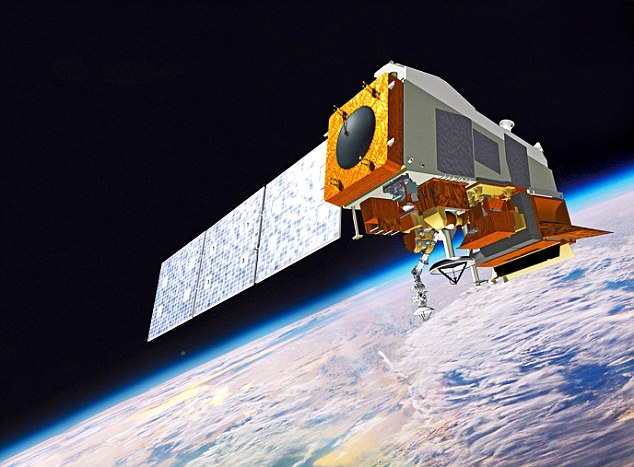Is binge-watching bad for the planet? Study suggests modern viewing habits negatively impact the environment
10/28/2019 / By Tracey Watson

Every day we are inundated with warnings about the need to reduce our individual carbon footprints by limiting vehicle use and reducing the number of times we fly commercially. What we hardly ever hear anything about, however, are the negative effects of Internet and streaming services on the environment.
Over 2.5 billion people are now connected to the Internet, and a recent study has warned that the massive boom in demand for streaming services is placing an unsustainable burden on the planet.
The study, conducted by researchers from Lancaster University in the U.K., provides an in-depth look at how the viewing habits of British people have changed in recent years, with a distinct shift from traditional television broadcasting to streaming services that require intense amounts of data, including YouTube and Netflix.
The same trend has been seen in the United States and in many other countries. (Related: The carbon footprint of smartphone use and data centers is growing, harming the environment according to new study.)
Why data use is bad for the environment
Colocation America explains why increased use of the Internet for video streaming and other purposes is damaging to the environment:
Data Centers are essential for a lot of what we take for granted on the Internet; for instance, our e-mails and cloud storage. … You could essentially think of these centers as hall after hall of super-large servers. … These incredibly heavy servers take up not only a lot of space but, they also use a whole lot of energy. They need masses of power to keep running and they’re kept running all the time. An inefficient data center can lead to wasted energy and a needlessly large carbon footprint.
Green Forward News notes that the global communications and technology industries, which are responsible for delivering voice, video, Internet and cloud services, produce over 830 million tons of carbon dioxide (CO2) each year – around 2 percent of all annual emissions.
Producing and transporting hardware for the devices used to deliver the Internet for streaming and other services places an additional load on the environment. These devices must also be powered by electricity which is dependent on either coal, natural gas or petroleum – processes which also take a an environmental toll.
Ever greater demand for Internet streaming services
Internet traffic has increased annually by an average of 20 percent in recent years, with streaming services accounting for around half of all traffic. With this in mind, the Lancaster University researchers monitored the data use of 20 people in nine households over a one-month period, across all their computing devices, including mobile phones, smart TVs, tablets and laptops. (Related: Not so “smart” after all: Screen time on so-called smart devices linked to decline in children’s brain health.)
Science Daily provides more information regarding the study’s findings:
All households in the study watched some form of video content every day — contributing to nearly three quarters of total household data demand.
Smartphones were the most commonly owned devices and a PlayStation games console was the most data-hungry device in the study, followed by TV dongles.
YouTube was found to be the most data demanding watching service — accounting for almost half of demand for watching across all households. …
Other demanding viewing services included Now TV, Netflix, Sky TV and TV Player. These were followed by social-media related video content on platforms such as Facebook and Twitch.
The research found that family members often watch multiple different shows at the same time, increasing data demand dramatically. They also often prefer to watch shows in the highest possible data resolutions, including HD. And wasteful practices are common, including “listening” to music on video streaming apps like YouTube, even when not watching the data-heavy videos.
The research team has called on policy makers to implement changes urgently to protect the environment and reduce energy use. Learn more at Environ.news.
Sources include:
Tagged Under: binge-watching, Communications, computing, dangerous tech, energy, environ, environment, hollywood, internet, modern families, Movies, Netflix, streaming services, technology, TV shows, viewing habits, YouTube
RECENT NEWS & ARTICLES
COPYRIGHT © 2017 INFORMATIONTECHNOLOGY.NEWS


















